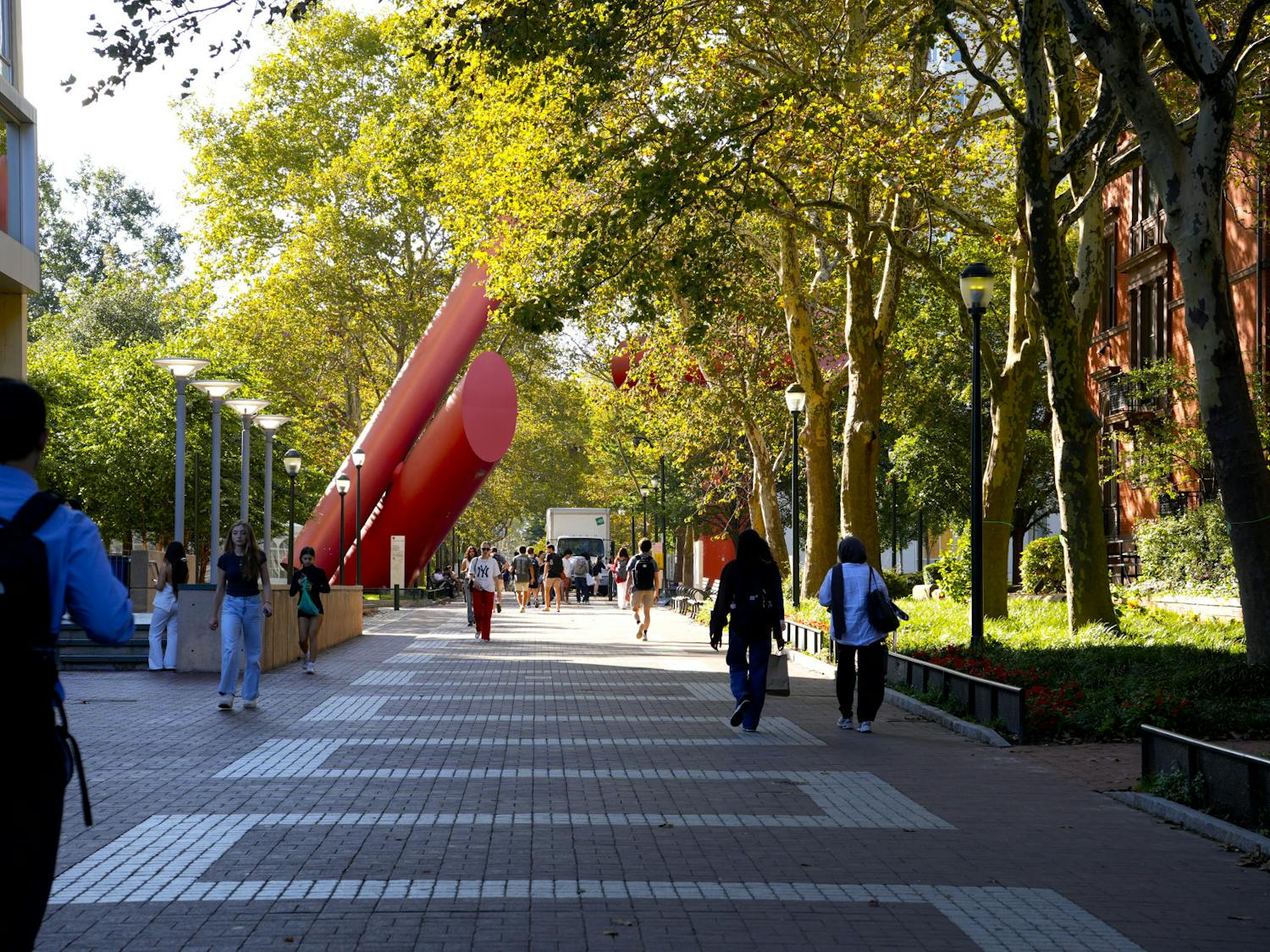For some Penn students, senior year is going out of style.
Yael Landman, a third-year senior majoring in English and Jewish Studies, started her freshman year as part of the class of 2010. She will be graduating this May along with the class of 2009.
Three-year college degrees are gaining attention in the academic world as students look to get a head start on graduate school or save money.
A three-year program would cut costs for students and allow them to begin graduate school at a younger age, now-deceased former Penn Higher Education Studies professor George Keller argued in an excerpt of his new book in The Chronicle of Higher Education.
For Ayal Robkin, a student in the Masters of Jewish Education Program at Penn, graduating in three years was his plan from the onset. The University of Maryland graduate of 2008 finished his undergraduate degree in only 5 semesters.
After starting with 22 credits - some from a gap year spent in Israel - Robkin worked hard to finish quickly. He took 17 classes his last year at the University of Maryland, including winter and summer sessions.
"I need to be active," said Robkin. And active he was - he complemented his coursework in his Jewish Studies major and Film minor with ethnic dance classes and extracurricular activities.
But even though some higher-education experts advocate the introduction of three-year programs, Penn has no official plans to consolidate its curriculum.
According to Rob Nelson, the Associate Provost for Education, Penn is not looking into a change "in any official way."
As an academic pre-major advisor, Nelson sees value in a four-year college experience.
"The period where you are not in class can be as important in terms of intellectual development as time spent in class," said Nelson.
Graduating early and expediting the college process, he said, may not be the best option for students.
Robkin agreed. "College is a time to cultivate personality," he said.
There were "different things on campus I would have liked to explore, said Robkin. A popular course on Human Sexuality, for example, is one class he would have taken if he had stayed at the University of Maryland for another year.
He sees his year in the Masters program here at Penn as his "year abroad."
However, despite the cultural and developmental value of a traditional four-year degree, the ability to save a year's worth of tuition is a major draw for some students.
For Landman, who plans to matriculate in graduate school next year, saving almost $50,000 was a primary concern.
Robkin also admitted that the financial incentives played a "huge" role in his decision.
And even though he believes that four years in college would benefit students, Nelson said that cost would be one of the primary benefits of a three-year curriculum.








